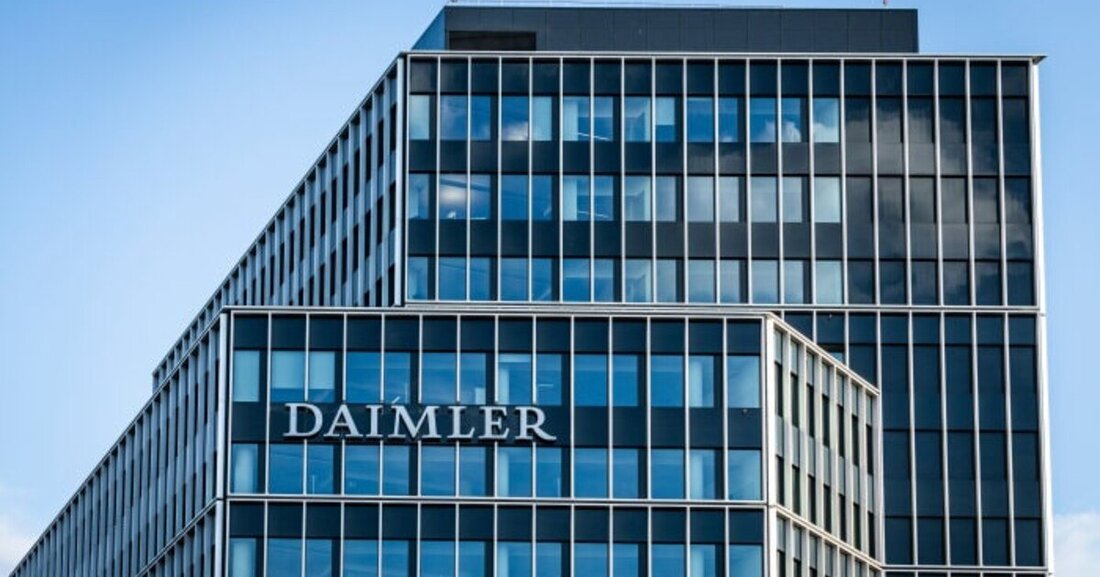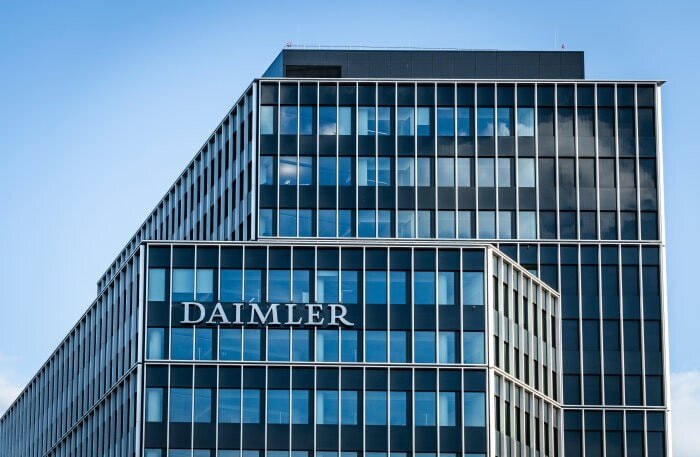Who actually owns the German car manufacturers?
The Porsche, Piëch and Quandt families still control the fortunes of German car manufacturers. However, investors from China and the Middle East have also been investing for a long time. And much stronger and therefore more powerful than expected.

Who actually owns the German car manufacturers?

Anyone who follows the news closely will not have been able to avoid noticing the recent dispute at the annual general meeting of FC Bayern Munich. It's about the club's Qatar sponsorship, which angers parts of the fan base in view of the emirate's human rights violations. It's about 20 million euros. Of course, that's just the tip of the iceberg because, as observers rightly pointed out, the club also has a much more important sponsorship contract with Audi. The car manufacturer even holds shares in Bayern Munich. And only Qatar has a stake in Audi's parent VW. The automotive industry took this as an opportunity to take a closer look at the current shareholder structure of German car manufacturers.
Let's stick with VW. The so-called free float, i.e. the “small shareholders”, traditionally has no say here. Major shareholders such as the Piëch/Porsche family, which holds more than 31 percent of the shares through Porsche Automobil Holding SE, and the state of Lower Saxony control the group. And for many years now also Qatar Holding, through which the sheikdom controls 14.6 percent of the shares.
Rumors about new structures at VW
Incidentally, a major restructuring of the group and shareholder structure is apparently underway at VW. According to German media reports, the family is currently examining the sale of parts of their VW holdings. She allegedly wants to put the money into the sports car subsidiary Porsche, which is preparing for an IPO - and thus a spin-off from VW.
The ownership structure at BMW is somewhat simpler - especially when you know that the Quandt family is behind the Aqton investment company. In fact, Stefan Quandt and his sister Susanne Klatten divided the inheritance over the corresponding voting rights. They thus control the car company, but more than 53 percent of the shares are in free float.
Number three remains: Daimler. The Mercedes mother is partly in Chinese hands. These in turn are larger than previously thought. This means the following: As a result of the spin-off of the Daimler truck business, the Beijing Automotive Group (BAIC) has to disclose its shareholdings and has just announced that it already holds around ten percent (totaling exactly 9.98 percent) of Daimler (this is not even taken into account in the group's official shareholder chart - see pictures). The Beijing state-owned company is also a production partner of the Swabians through a joint venture.
But the Chinese influence at Daimler does not end there: a certain Tenaciou3 Prospect Investment Limited also holds almost ten percent of the shares. Behind Tenaciou3 Prospect is the Chinese investor Li Shufu from the car manufacturer Geely. So you can certainly say: What Lower Saxony is for VW, China is now for Daimler: a core shareholder without whom nothing works.
Whoever pays, creates
Strictly speaking, the situation here is even worse because, unlike VW, there is no powerful major German shareholder as a counterweight. Daimler also has an investor from the Middle East involved: the Kuwait Investment Authority holds almost seven percent of the shares in the Mercedes manufacturer. In any case, the German car industry as a whole is no longer in German hands; it is already largely controlled by major shareholders from the Middle and Far East. Not atypical for the current economic power structure. And here we come full circle to football. There too - especially in the English Premier League - more and more investors from the Asian continent are in charge.

 Suche
Suche
 Mein Konto
Mein Konto